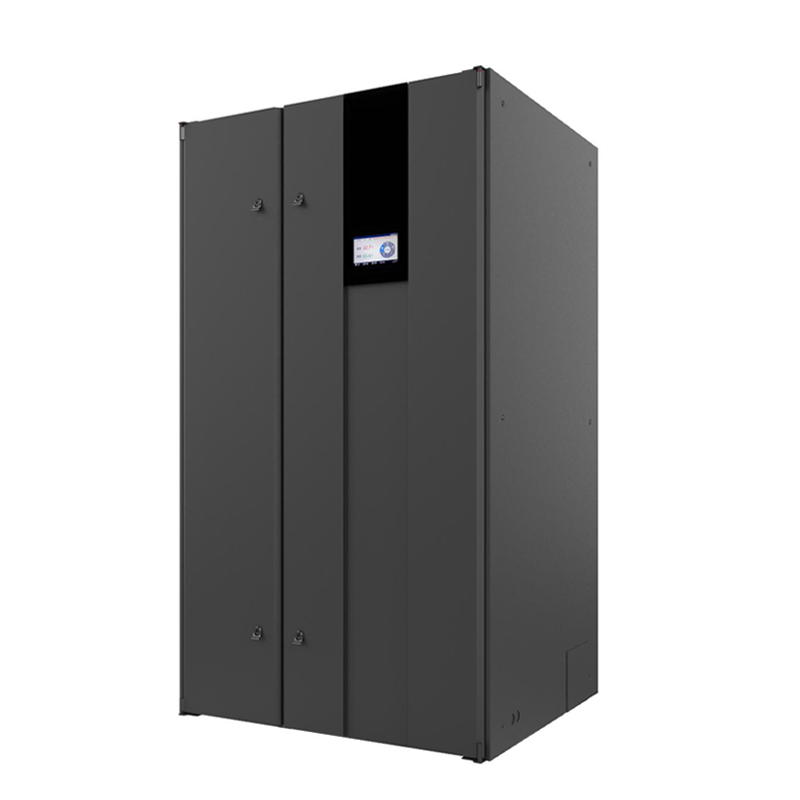Controlling Temperature: The Way Accurate Air Conditioning Functions

In today's digital age, maintaining the right environment for critical equipment is more important than ever. As industries progressively rely on vast amounts of data and sensitive technologies, precision air conditioning has become as a key solution. Unlike traditional cooling systems, precision air conditioning systems are engineered to provide an accurate temperature and humidity control, which is perfect for data centers and other environments in which temperature fluctuations can lead to significant operational disruptions.
Precision air conditioning units ensure that delicate electronics and data storage systems are kept within specific temperature ranges, protecting against overheating and ensuring optimal performance. These specialized systems offer exceptional reliability and efficiency, helping businesses to safeguard their investments and ensure continuous operations. With the growing demands of modern technology, understanding how these systems work is essential for anyone responsible for facility management or IT infrastructure.
Grasping Precision HVAC Systems
High-performance air conditioning units are crafted to provide optimal temperature and humidity control in settings that demand stringent climatic conditions. In contrast to traditional air conditioning units, which are often constructed for broad cooling, precision air conditioning concentrates on maintaining a steady environment. This is especially crucial in settings such as data centers, where even temperature fluctuations can lead to malfunction, data loss, or system inefficiencies.
These systems utilize cutting-edge technology to monitor and fine-tune their performance continuously. For example, sensors track temperature, humidity, and airflow, allowing the unit to respond flexibly to changing conditions. A variety of precision air conditioning units incorporate multiple cooling methods, which include direct expansion systems and chilled water systems, offering versatility to meet the specific needs of various facilities. This precision results in improved energy efficiency and reliability, vital for preserving sensitive equipment.

Additionally, precision air conditioning units are built with redundancy in mind, ensuring that cooling is not compromised in the event of a component failure. This reliability is critical in sensitive environments like data centers, where continuous cooling is key for operational continuity. By including features such as hot-aisle/cold-aisle containment and variable speed fans, these systems enhance performance while lowering energy consumption. As a result, precision air conditioning has become the ideal solution for environments that require tight temperature and humidity controls.
Key Elements of Accurate Air Conditioning Units
Precision air conditioning units are engineered with several key components that work in conjunction to maintain perfect environmental conditions. https://www.soeteckpower.com/category/products/critical-cooling/ of the key components is the refrigeration coil, which plays a essential role in heat exchange. The refrigeration coil takes in heat from the air in the room and allows for exact temperature control. Together with the refrigeration coil, the evaporator and condenser work in tandem to facilitate the refrigeration cycle, providing optimal cooling and humidity control essential for data integrity.
Another important component is the air management unit, responsible for distributing the cooled air throughout the space. The air handler contains fans that draw in warm air, moving it over the refrigeration coils before distributing the cooled air back into the environment. This circulation process is continuous, providing steady and accurate temperature management. Furthermore, sophisticated filters in the air management unit help maintain air quality by filtering dust and other particles, which is especially important in environments like data centers.
Finally, precision air conditioning systems are equipped with sophisticated control systems that allow for monitoring and adjustments to temperature and humidity settings. These control systems include measurement devices and programmable thermostats, facilitating real-time management of the environment. By using these systems, facility managers can respond quickly to any changes, making certain that the cooling requirements of sensitive equipment are met without variation. This collaboration of components enhances the complete efficiency and reliability of precision air conditioning units.
Applications in Data Center
Precision air conditioning systems perform a key role in maintaining optimal environments for data centers, which accommodate sensitive electronics and essential infrastructure. These systems are crafted to deliver consistent temperature and humidity control, making sure that equipment works within safe parameters. Unlike standard air conditioning units, specialized air conditioning units offer targeted cooling in the most crucial areas, addressing hot spots and distributing cool air uniformly throughout the environment.
Data center precision air conditioners are built to address the specific cooling demands of high-density computing environments. They are fitted with advanced features such as adjustable speed fans and automated controls that monitor temperature and humidity levels in real time. This facilitates for enhanced effectiveness and energy savings, as the units modify their performance based on changing loads and conditions within the data center.
Furthermore, the implementation of precision air conditioning systems can significantly lengthen the lifespan of vital equipment by reducing the risk of overheating and ensuring stability in operating conditions. With the increasing reliance on data centers in various industries, investing in specialized cooling solutions has become necessary for optimizing operational efficiency and ensuring the safety of sensitive technology.
